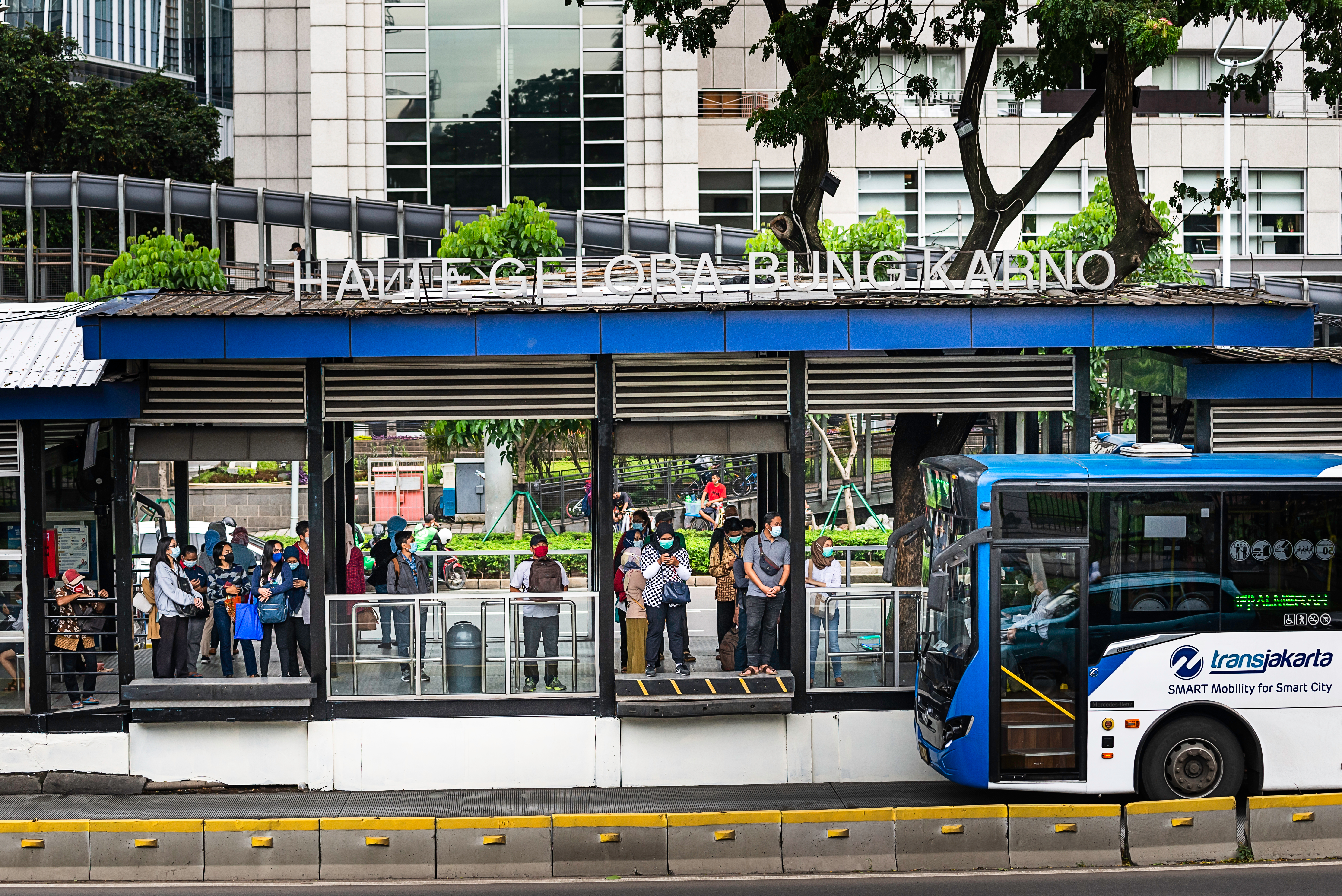Around the world, climate change poses a systemic risk to economies and vulnerable communities. In the wake of COVID-19, these risks and impacts have been exacerbated, and many countries are responding to the pandemic with economic stimulus packages. The transport sector is a major emitter of greenhouse gas emissions in Asia and is responsible for high levels of air pollution, especially in urban areas. There is a need for more sustainable patterns of transport to provide cleaner air, particularly in densely populated and polluted cities.
Please note, applications for this theme have closed, but you can still explore the themes we are currently looking to fund:
The COVID-19 pandemic provides a pivotal moment to re-assess past transportation policies and practices and course-correct to align with Paris Agreement climate targets, by advancing a vision for a more equitable, accessible, and cleaner low-carbon transport system. To support the Green Recovery, sustainable transport practices, innovation, new business models and supporting infrastructure will play an important role in helping to achieve greener and more prosperous economies. The recent interest in electrifying urban transport presents a clear opportunity to contribute to more sustainable transport systems.

Asia (Bangladesh, India, Indonesia, Thailand, Vietnam)





Preparing and delivering action plans to enable faster uptake of electric vehicles in public transport (e.g. e-buses and 3-Wheeler e-rickshaws, EVs) and shared mobility (e.g. 4-wheeler LC-taxis and 2-Wheeler e-bikes)
Redesigning public transport networks by analysing future mobility patterns and urban planning norms, considering the impact of electrification on the grid, tackling last mile connectivity and air quality issues
Developing sustainable and scalable business models, green procurement strategies and supporting ancillary services to accelerate the use of electric vehicles
Investing to commercialise new electric vehicle/charging technologies
Providing technical assistance to develop holistic national sustainable transport plans
Projects primarily focused on supporting private transport use of EVs
The below projects exemplify the types of solutions that we look to fund, it is not an exhaustive list.
To help us to determine your eligibility for the programme please complete the form below
UK PACT (Partnering for Accelerated Climate Transitions) is a unique capacity-building programme. Jointly governed and funded by the UK Government’s Foreign, Commonwealth and Development Office (FCDO) and the Department for Energy Security and Net Zero (DESNZ) through the UK's International Climate Finance, it works in partnership with countries with high emissions reduction potential to support them to implement and increase their ambitions for tackling climate change.
© Copyright 2025 UK PACT Privacy Notice Cookie Policy